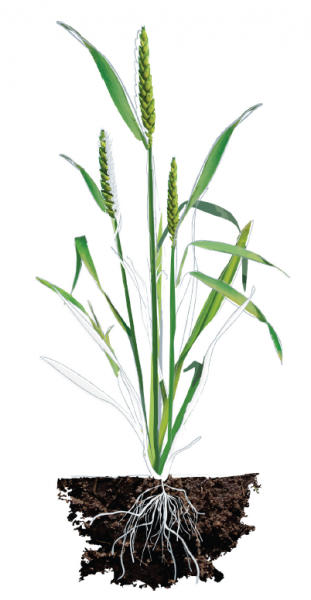Nutrient
Knowledge
Importance of a Balanced Nutrient Plan
With 18 essential nutrients required to grow the crop, it is integral that all nutrients are in the proper balance and form to deliver the yield potential of the crop. With proactive nutrient management, 60% of the crops genetic yield potential can be achieved, making nutrition the single most important input we can control to drive productivity and profitability.





